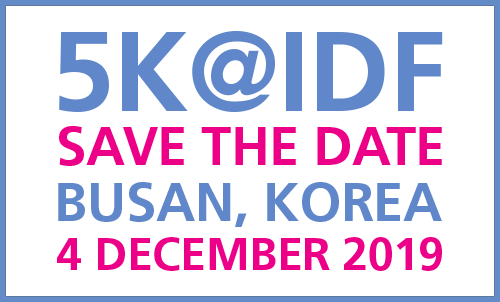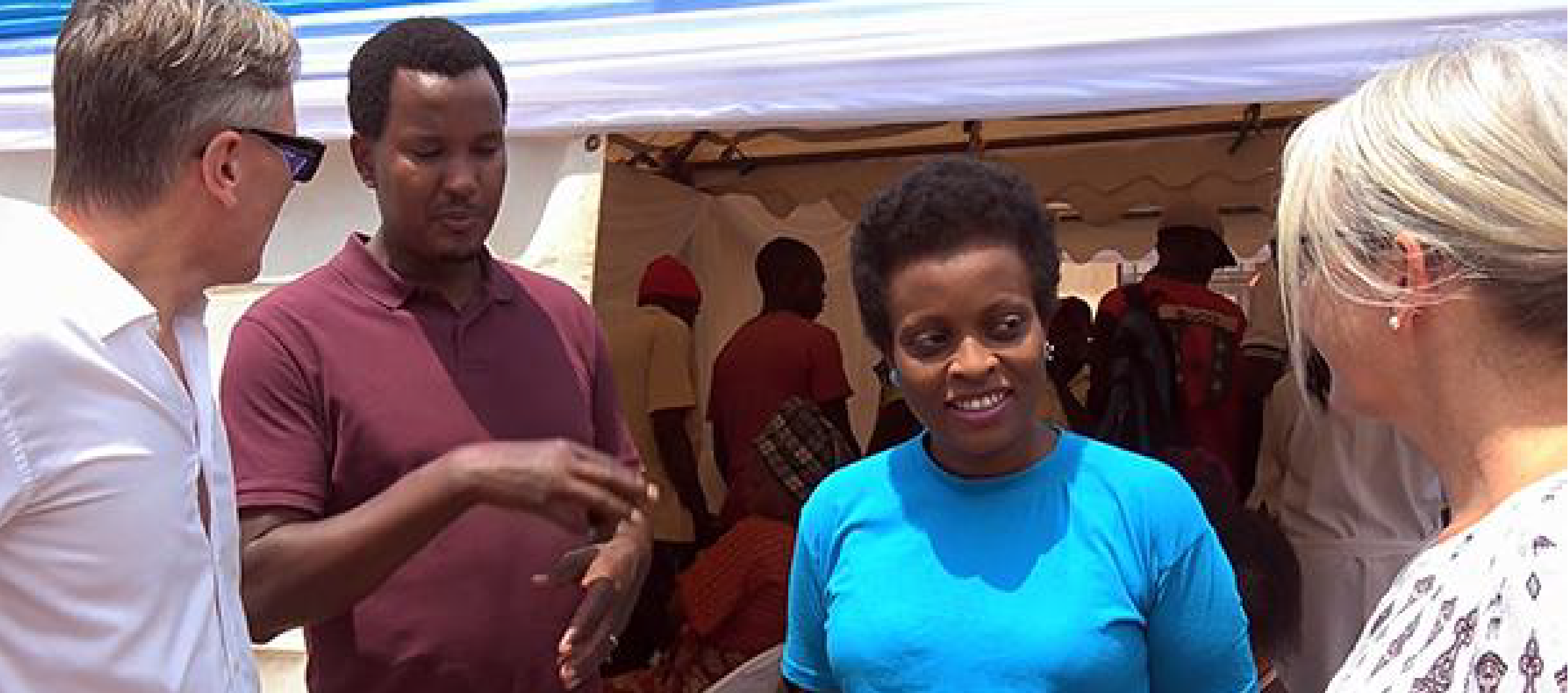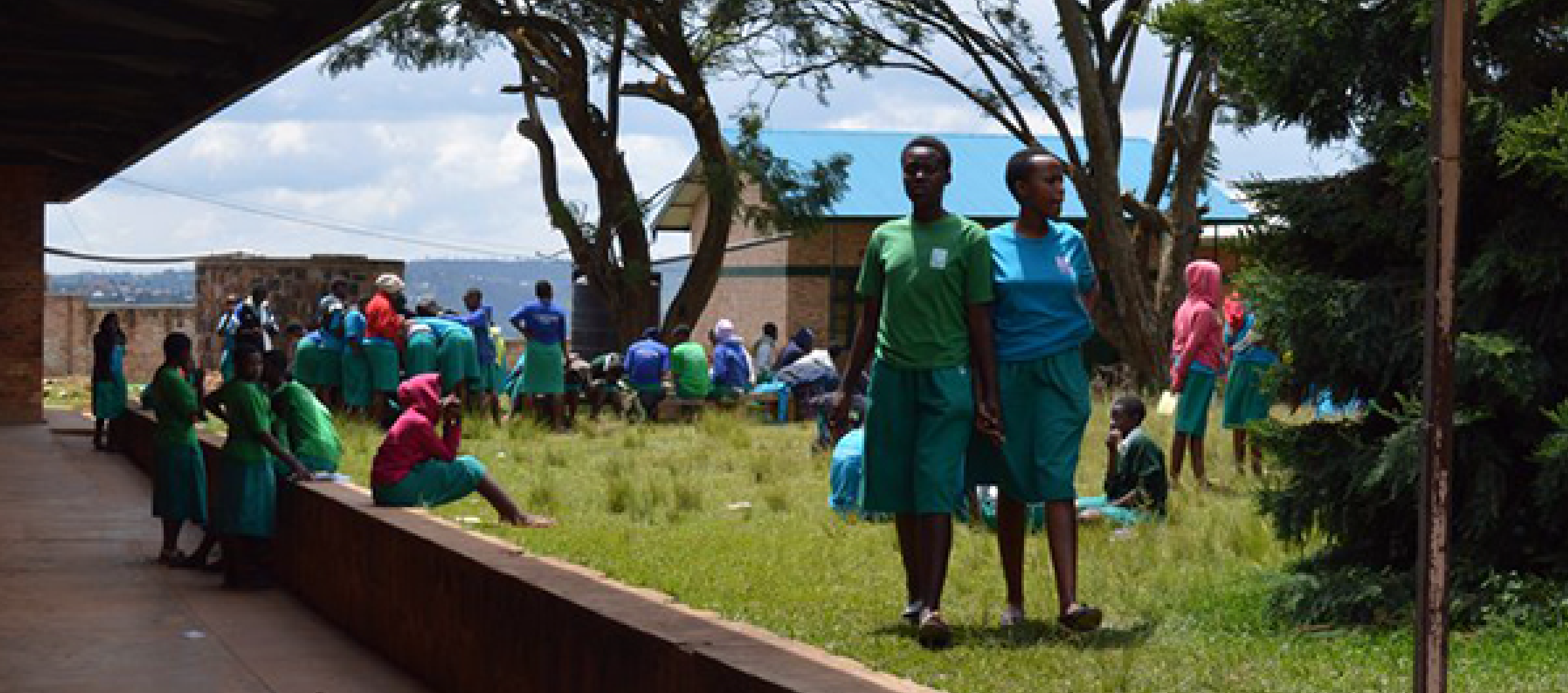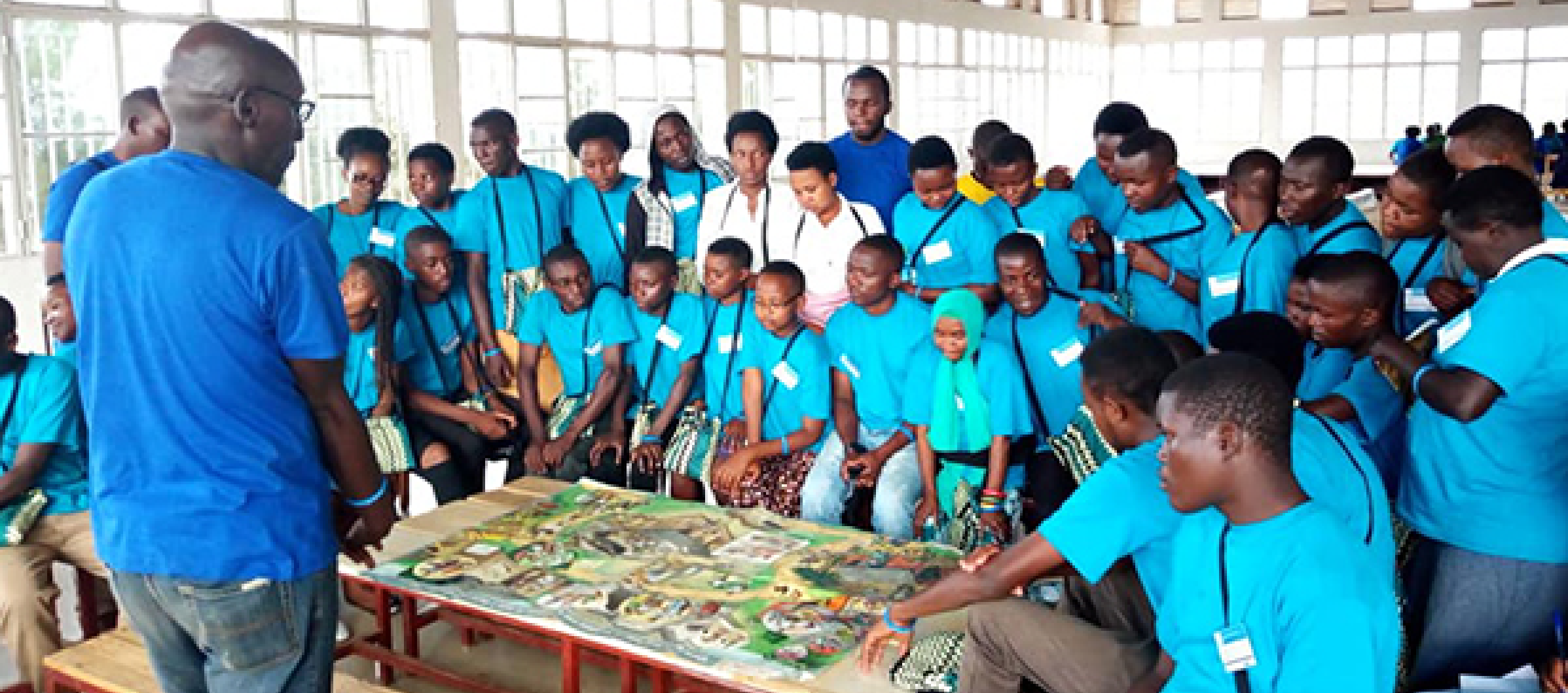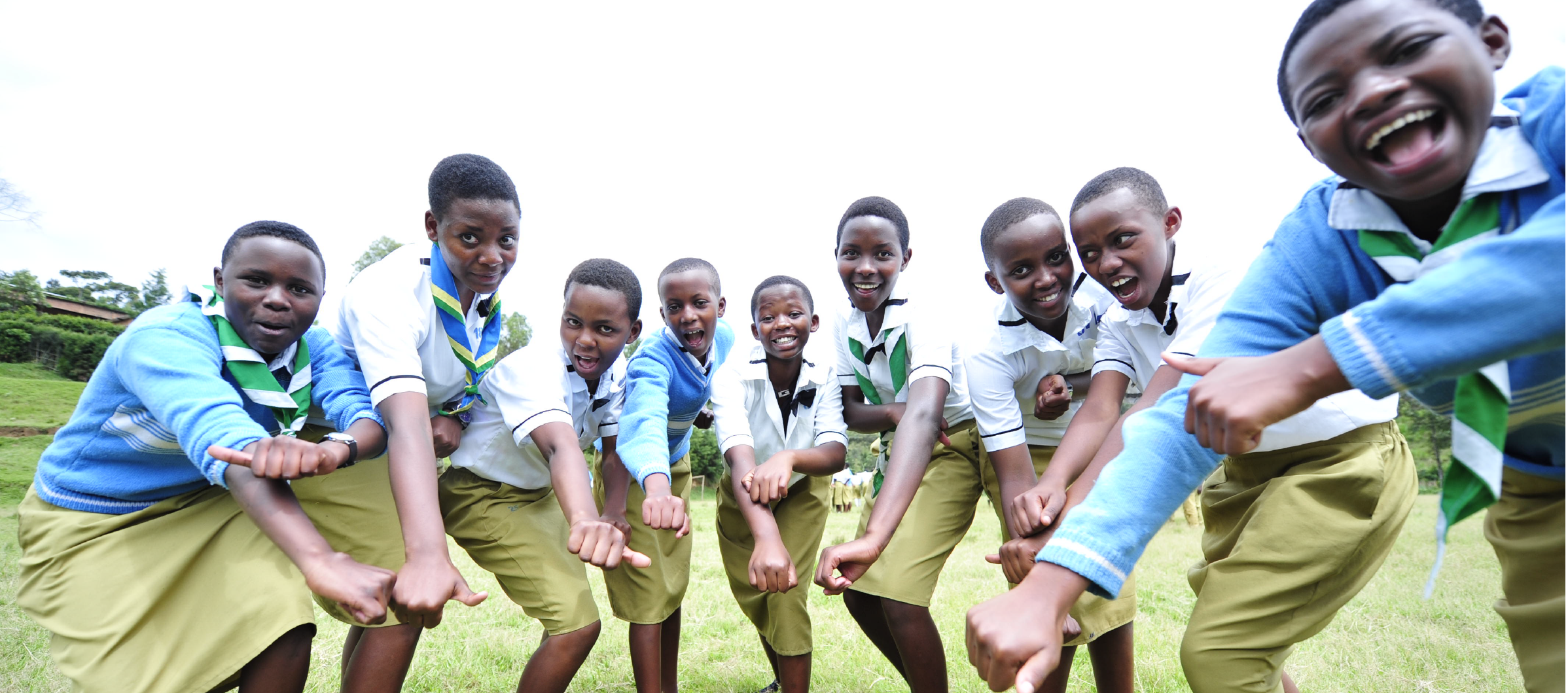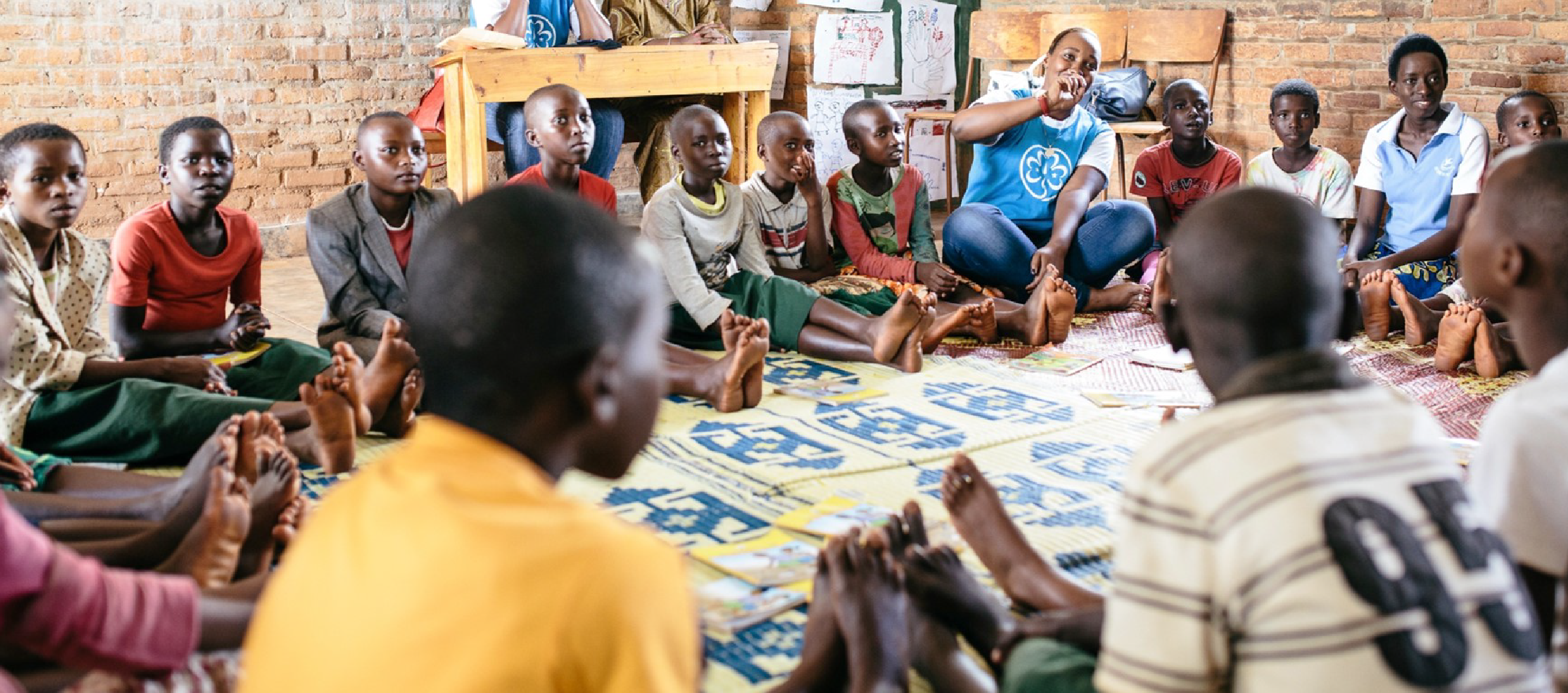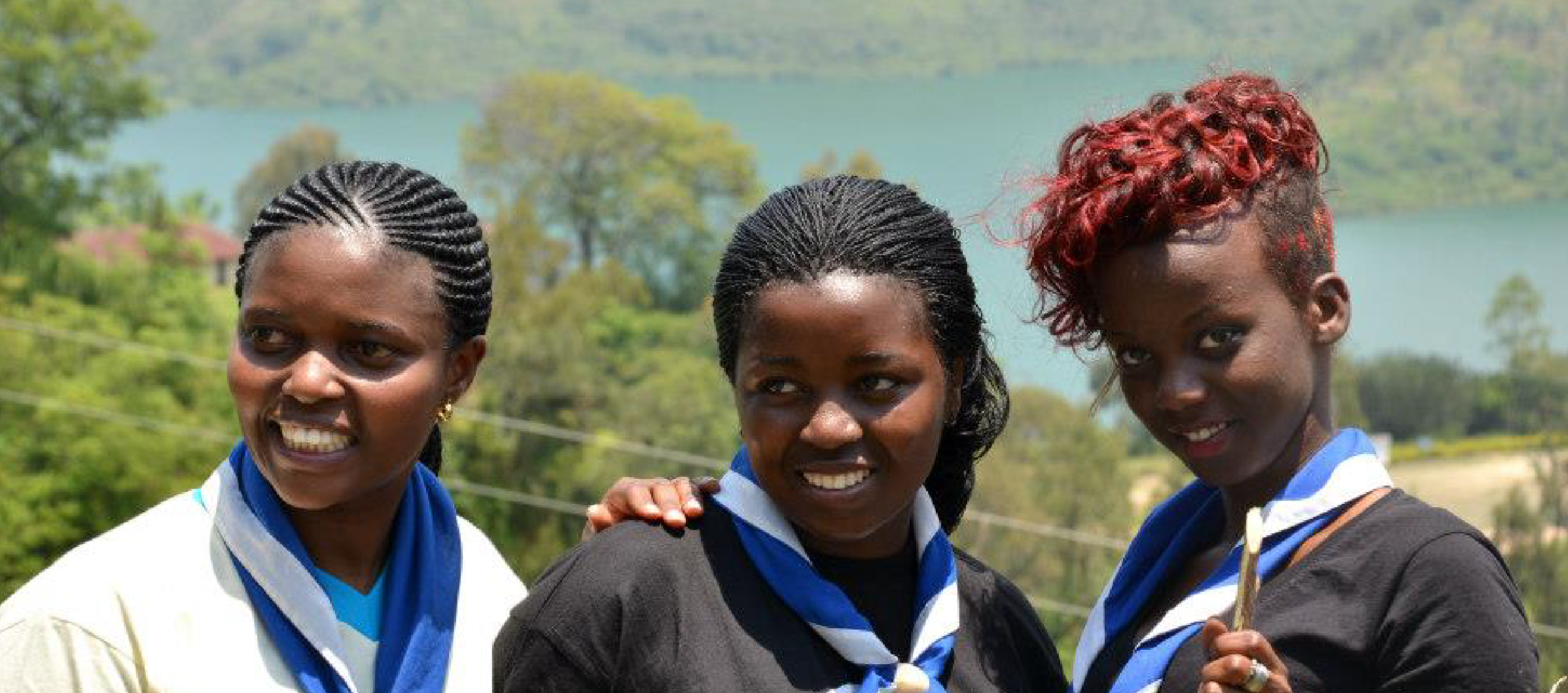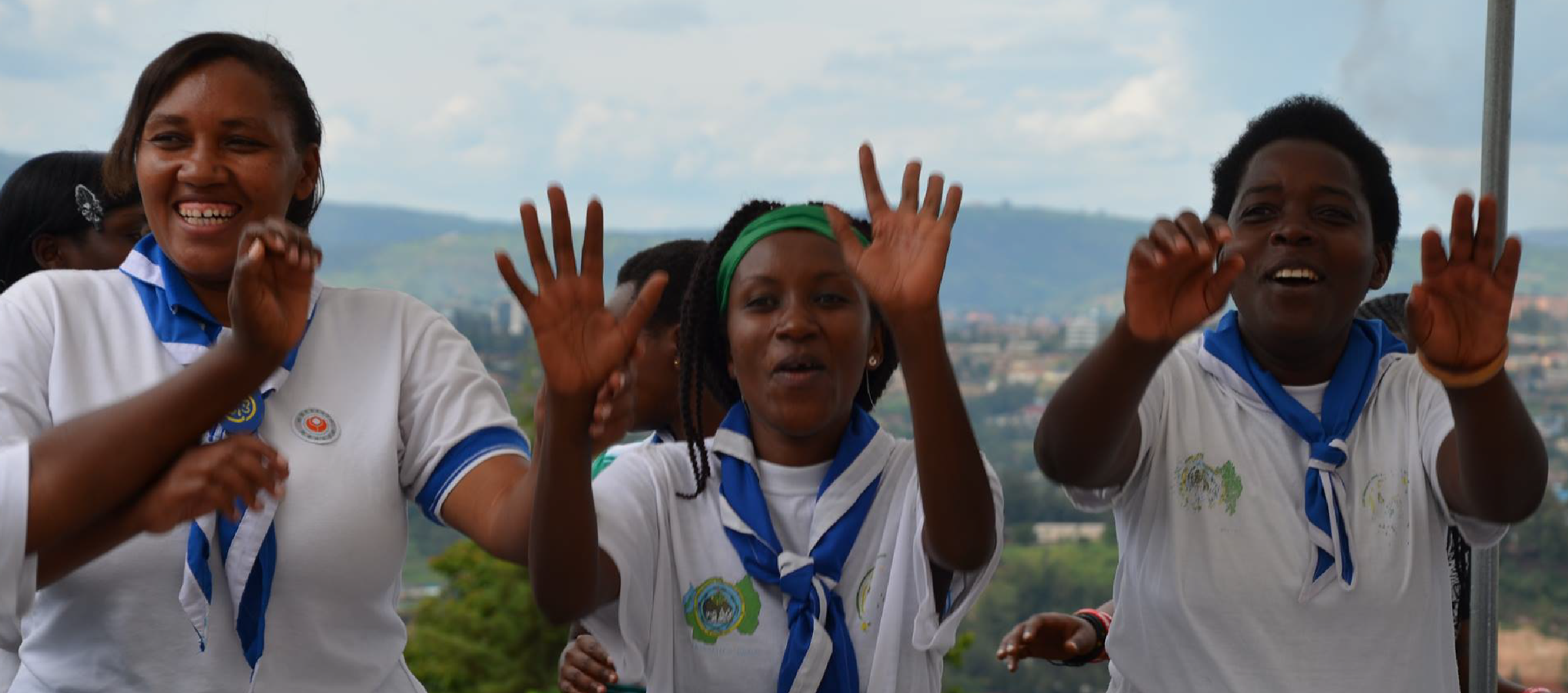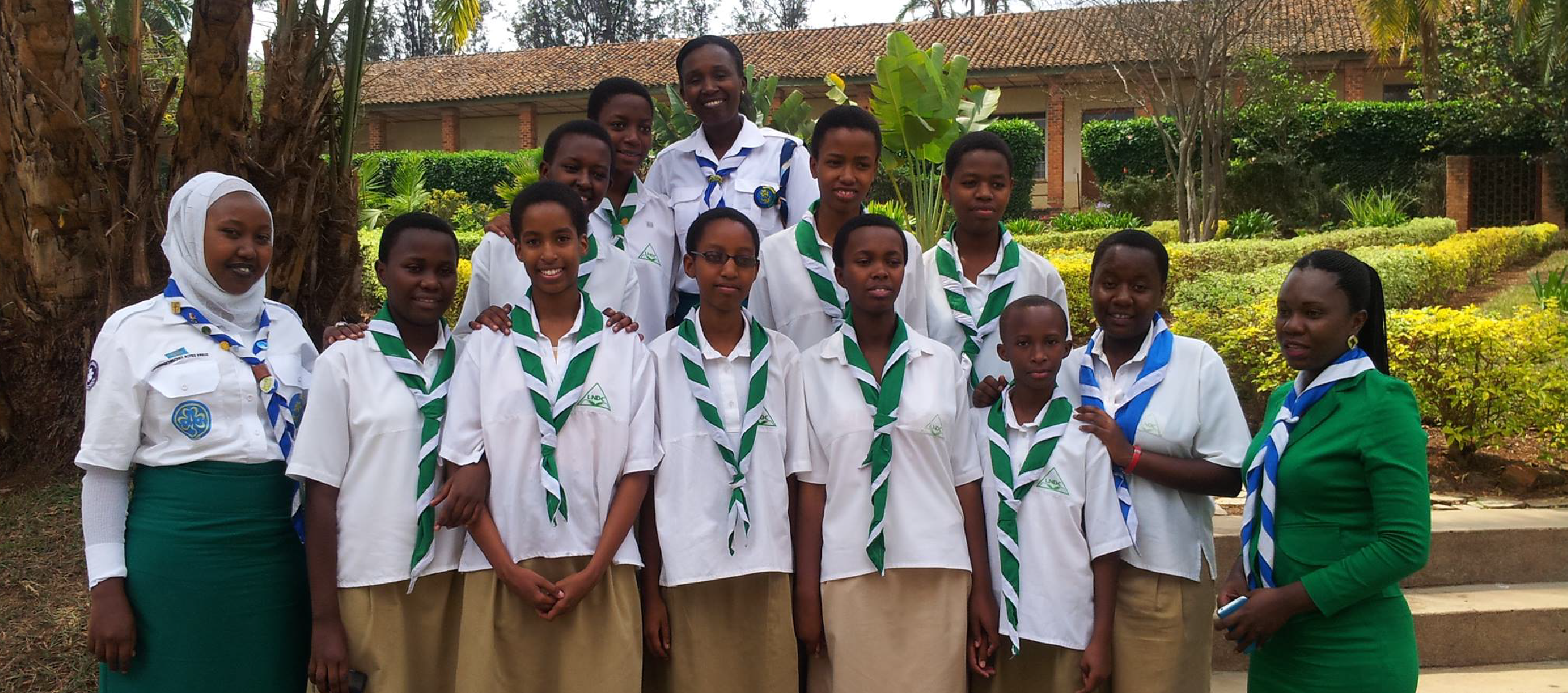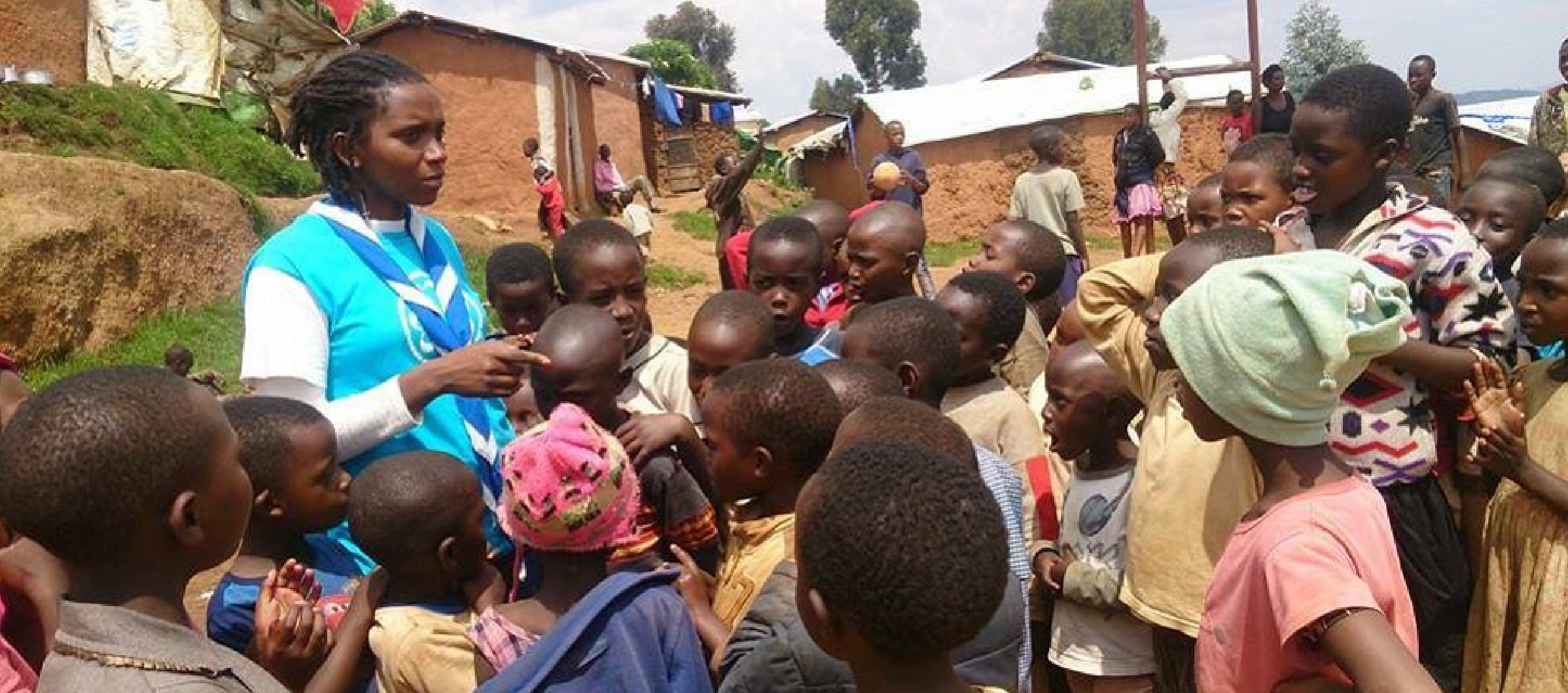|
|
About World Diabetes Foundation
The World Diabetes Foundation is an independent trust dedicated to the prevention and treament of diabetes in the developing world.
From 2002 to 2019, the World Diabetes Foundation has funded 555 partnership projects in 116 countries, focusing on awareness, education and capacity building at the local, regional and global level.
For the latest updates on WDF, select a project below.
World Diabetes Foundation Jordan Project 2019

WDF has worked with the UN Relief Works Agency for Palestine Refugees in the Near East (UNRWA) since 2002 to improve diabetes prevention and care in the agency’s health centres across the region.
WDF’s 2019 fundraiser project, Prevention and Management of Diabetic Foot for Refugees with Diabetes, will build on the learnings from this long-term partnership, with a special focus on preventing diabetic foot ulcers and, ultimately, amputations among Palestine refugees in Jordan through education, empowerment and capacity building of health staff.
“The burden of diabetes is continuously growing: each year we are seeing a 5% increase in patients with diabetes registered in UNRWA clinics, reaching more than 148,000 by the end of 2017,” explains Dr Yousef Shahin, Chief for Disease Prevention & Control at UNRWA and WDF’s partner on the project. “It is essential to ensure that diabetic foot is properly managed ahead of time to prevent the high cost of treating its complications and disabling effects.”
Nearly 17% of registered Palestine refugees worldwide live in 12 recognised UNRWA camps in Jordan. Their diabetes prevalence is higher than those in host countries, Dr Shahin says, noting that the diabetes rate in Jordan is 10.6% for those above 40 years of age, and 12.1% agency–wide.
“UNRWA faces challenges in diabetes care and diabetic foot care - patient self-empowerment and disease management are crucial,” Dr Shahin says. Health staff are largely generalists with heavy workloads, who often lack tools, equipment and time for patient education, he adds.
26 health centres strengthened
WDF’s 2019 fundraiser project will be rolled out at all 26 UNRWA health centres in Jordan. The project builds on learnings from past partnership projects WDF11-614, WDF14-898, WDF16-1406 and WDF10-555, a successful similar foot care project implemented in the West Bank and Gaza.
Its targets are:
- 90 doctors and 200 nurses trained in diabetic foot care
- 26 clinics strengthened to provide diabetic foot care, including provision of diagnostic equipment (monofilaments, doppler ultrasound, thermal printers) and basic exercise equipment for physical activity improvement
- 50,000 educational materials / brochures produced on diabetes foot care
- 46,200 patients screened for diabetic foot care
- Related equipment procured and used
The project will take place over 12-18 months (2019-21).
- WDF Rwanda Project 2017
-
Esperance Habinshuti is a 26-year old Kigali resident with big brown eyes and a slow, knowing smile. She also has type 1 diabetes, and spends much of her free time teaching others about the disease and how to manage it.
“When Esperence talks, people say, ‘When you speak about your disease, it almost sounds like fun,” says Crispin Gishoma, executive director of the Rwanda Diabetes Association (RDA).
Ms Habinshuti sends him an ironic smile. Having type 1 diabetes in Rwanda is definitely not fun, and they both know it. Managing the disease is a non-stop challenge, and the irregular insulin supplies, lack of understanding and stigma don’t help. But Mr Gishoma and his colleagues at RDA are working to change this, and dedicated young people like Ms Habinshuti are part of the plan.
The World Diabetes Foundation has been supporting the RDA since 2005. The first and second partnership projects provided badly needed diabetes training for healthcare professionals. This led to a dramatic increase in the number of young people diagnosed with type 1 diabetes – from 3 in 2003 to more than 1500 today. Before 2003, most children and young people suffering from type 1 were most likely to die within a year.
In 2017, the RDA and WDF launched a fundraiser project, Rwanda diabetes awareness and support, to provide additional help to this fast-growing and vulnerable group.
The project had three elements:
- Improve services – The project would allow the RDA to buy Hba1c machines and reagents, improving the quality of the care they provide in their Kigali clinic and in the district hospitals clinics they support.
- Run camps – The project would provide funds for two diabetes camps reaching up to 200 young people and their parents. RDA has found camps to be life-changing experiences for young people with type 1, teaching them how to manage the condition, creating lasting friendships, and showing they aren’t alone.
- Increase awareness and prevention – The project’s final element was an innovative collaboration with Rwanda’s Girl Guides and youth volunteers to teach students about diabetes prevention and care. These students, in turn, would fan out across the country to raise diabetes awareness among classmates, family and the wider community.
Inspiring campers
From 5-11 August 2018, the RDA held the first of two Diabetes Youth Camps funded by the World Diabetes Foundation. A total of 77 young people attended the camp, each accompanied by one parent (parental support contributes significantly to the health and happiness of youth with type 1, RDA staff say).
Ms Habinshuti was one of 20 volunteers who lived with the campers and assisted them throughout the week.
“I wish I had the chance to be a camper when I was diagnosed. I would have learned so much. But I’m happy to work with these young type 1 diabetics, and to inspire them,” she says.
Volunteers are key to the camps’ success, Mr Gishoma says. “Camp staff almost don’t sleep during the week. There are small questions and issues, and also bigger ones – for example, when kids from the countryside first come to camp they sometimes eat too much, and it can be dangerous. Student helpers like Esperance, they bridge the gap between campers and health staff.”
Getting the word out
Ms Habinshuti is part of the awareness and prevention project as well. RDA invited her to form a ‘trio’ with a youth leader and a Girl Guide, which would then receive training in diabetes prevention and care. Her trio – and 13 others like it across the country – are now in the process of visiting selected schools and youth clubs, where they teach other youth about diabetes.
“The students ask, ‘What can I do to prevent diabetes, must I stop eating and drinking sugar, can traditional medicines help?’” she says. “We have to go back many times, because they have so many questions.”
After being trained by the trios, school health club members are encouraged to conduct awareness campaigns in their schools and communities. Many have done so, with creativity and enthusiasm, Mr Gishoma says. For example, students have held awareness activities for parents, organised campaigns in public places, met with local authorities, organised community work-outs, and even gone door to door to talk about diabetes.
While the awareness raising will continue until 2020, it is already making an impact. At least one district hospital has reported a surge in requests for diabetes screening. Several schools have increased the time allotted to physical activities. One teacher recognised the symptoms he had been experiencing and went to a local health centre, where he was diagnosed with type 2 diabetes, the RDA reports.
The confidence that the young people gain from the experience is an added benefit, Mr Gishoma says.
Asked who makes the decisions in her trio, Ms Habinshuti answers in Kinyarwanda. Mr Gishoma grins, and translates: “Normally, the youth leader is in charge. But Esperance’s trio is an exception – in her trio, she’s the leader,” he says.
|


